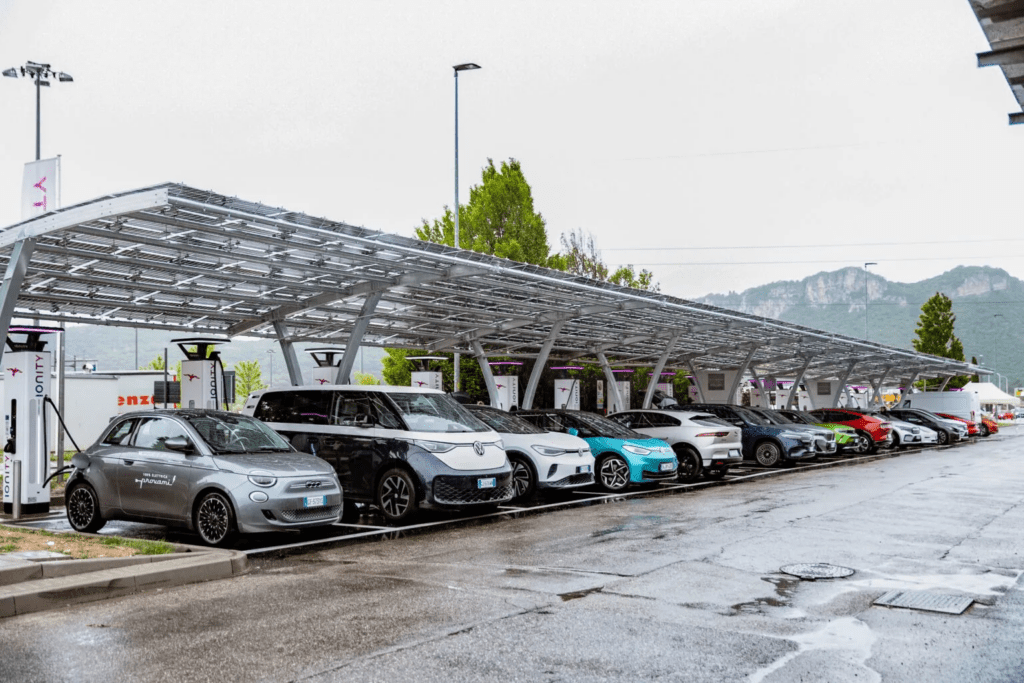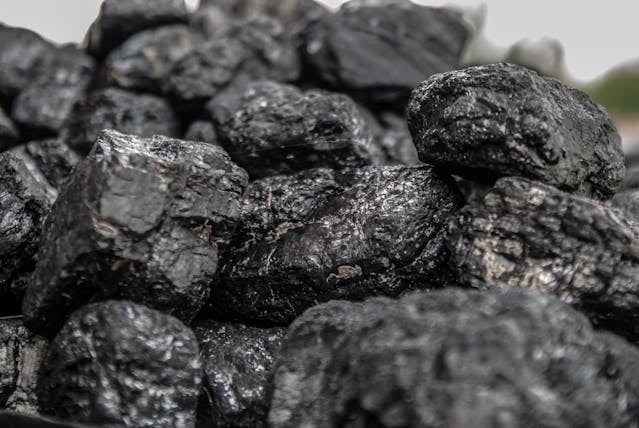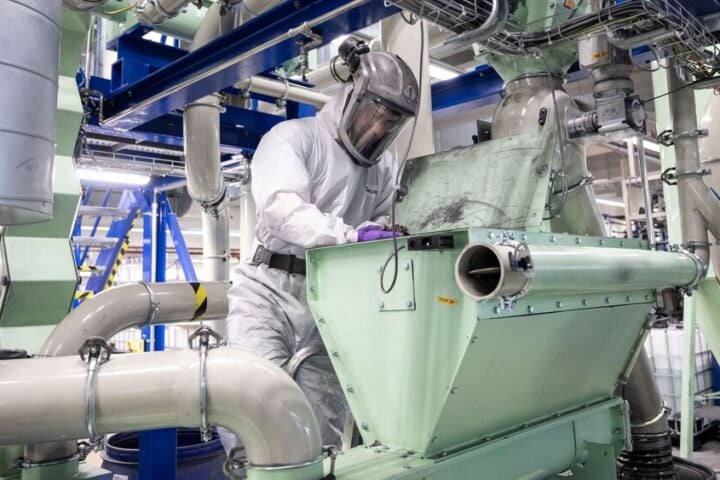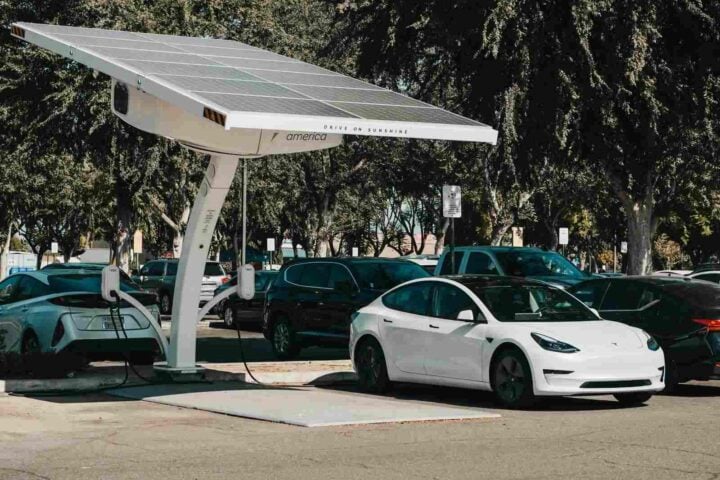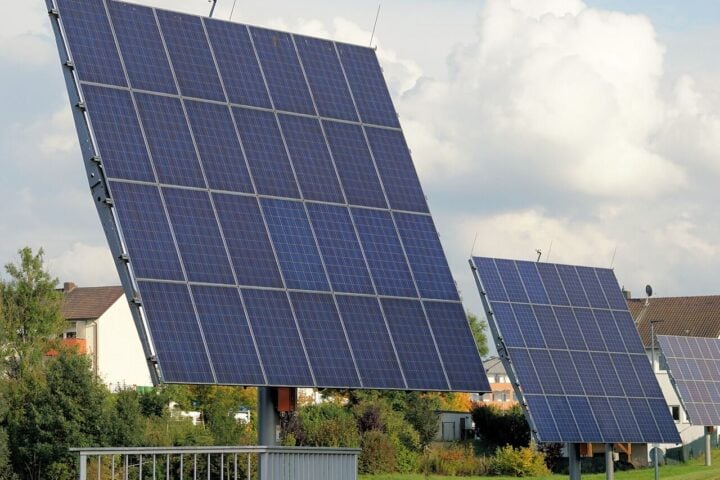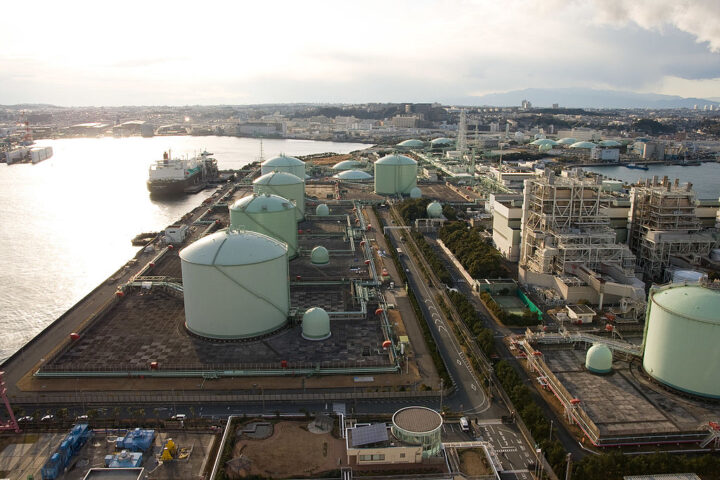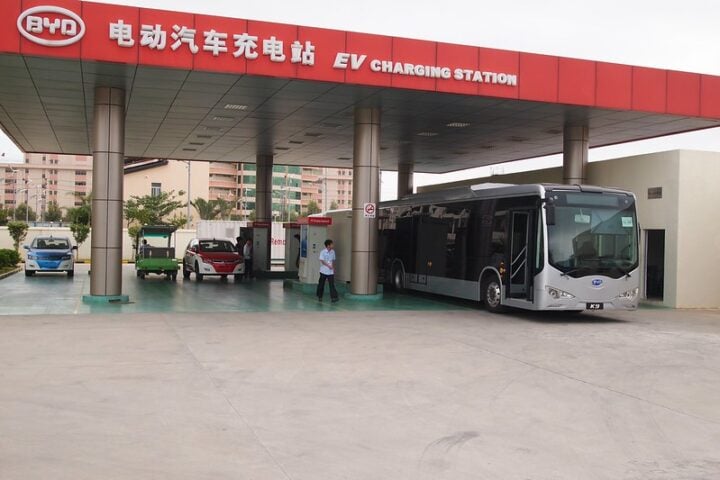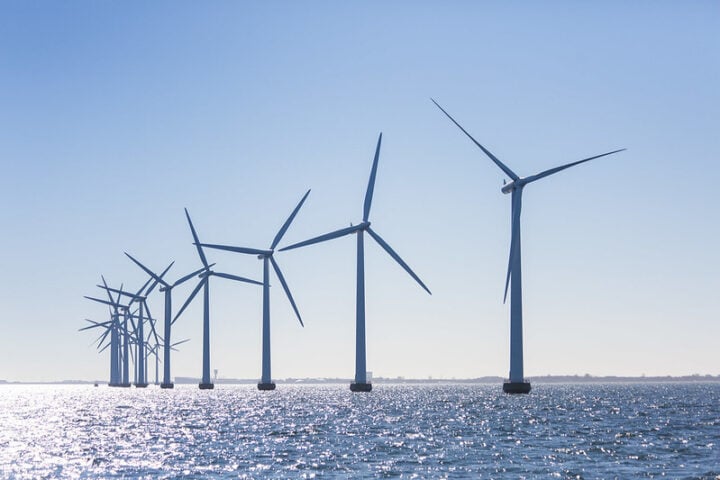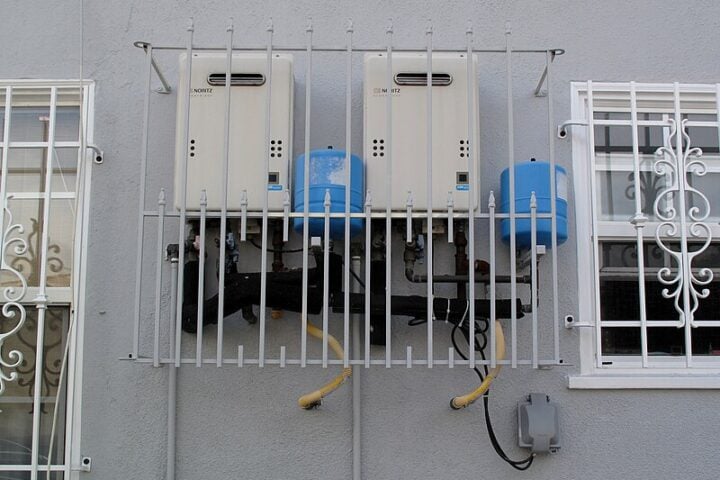Recently, Rowan Atkinson, the British comedian popularly known as Mr. Bean, expressed feeling duped for buying an electric car in an opinion piece in the Guardian. Atkinson argues that keeping internal combustion engines while developing hydrogen and synthetic fuel alternatives may be a better choice. EVs have room for improvement, including sourcing battery materials, high prices, spotty charging infrastructure, and limited supplies.
Despite their imperfections, EVs are considered superior technology by automakers and car buyers. Atkinson expressed willingness to encourage debate on the topic, but didn’t respond to comment requests. Automakers are racing to unveil all-new electric models as they believe EVs are the best option to reduce emissions from travel.
Atkinson, however, is not convinced by the current push for EVs and highlights their shortcomings. Manufacturing EVs can generate more emissions compared to conventional cars, primarily due to the energy-intensive process of battery production. Atkinson suggests using an old car and minimizing its usage if a car is truly needed.
Cars are often resold or leased, expanding the market for affordable vehicles, including used EVs. The average car ownership period is longer in many parts of the world, and EVs with their longevity contribute to lower emissions over their lifetime. Even if carbon footprint for manufacturing of Evs is higher, the majority of a car’s emissions come from the fuel it consumes over its lifetime.
Similar Posts
Driving an EV generates fewer lifetime emissions compared to conventional cars. Recharging EVs is already less polluting and cheaper than refilling with gasoline, particularly as the grid becomes cleaner. Atkinson suggests hydrogen as an alternative fuel for trucks and heavy machines.
Hydrogen is expensive, inefficient, and hard to ship compared to electricity. Building a new hydrogen infrastructure for cars would not be a wise investment, as we already have an electricity infrastructure in place. Synthetic fuels, while an option, are expensive and are more likely to be used in aviation, trucking, and heavy industry rather than for everyday commuting.
Sticking with a functional gasoline-powered car can be cheaper in some cases, but the total cost of owning an EV is expected to become lower. EV sales have risen persistently and make-up 13 percent of all new car sales globally. Wall Street and the auto industry are committed to developing electric cars, and major automakers have announced electric lineups by 2030.
In Norway, about 80 percent of new car sales were EVs last year. Atkinson believes that emerging technologies may signal the end of the honeymoon phase with electric cars as we know them today. Buyers are starting to realize the need to explore a wider range of options to reduce emissions and drive sustainably.
Atkinson’s viewpoint reflects his passion for motorcars and the belief that gasoline cars may become hobbies in the future. It is important to consider various options and continue the conversation about sustainable transportation. The transition to cleaner mobility requires ongoing improvements in EV technology and the development of alternative fuels.
Individual preferences and circumstances should be taken into account when choosing between EVs and internal combustion engines. The debate surrounding EVs and their environmental impact highlights the complexity of the transition to a sustainable transportation system. Continued advancements and investments in EVs, alternative fuels, and infrastructure will shape the future of the automotive industry and emissions reduction efforts.


